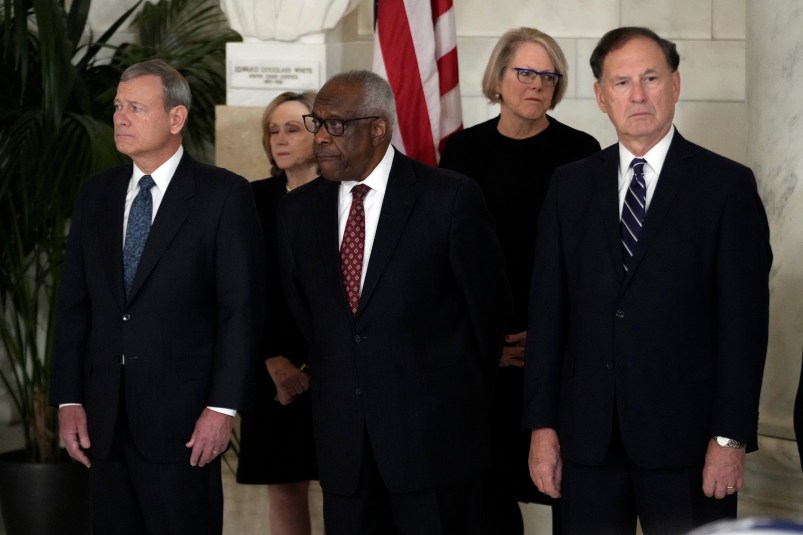Is narcissism the independent candidate’s major comparative advantage?
From TPM Reader EF …
Josh, I think you’re right that money was the main arbiter in deciding who would drop out of the Kansas Senate race, but I suspect that another factor was nearly as important, maybe even more important. Independent candidates tend to be more narcissistic than major party candidates.
Admittedly I’m psychoanalyzing at a distance with national candidates and candidates in other states, but being politically active at a local level, I see it up close. They all get convinced they’re clearly the best candidate, or the only candidate who can do the job. Major parties play the role of keeping candidates grounded in reality, but independent and minor party candidates just don’t get this feedback. I see them suffer losses that should clarify the situation, like losing out on party endorsements, but instead they cite someone saying they need to run. It’s painful to hear candidates say that, because I feel pretty sure they’re listening to someone personally close who knows nothing. That’s at a local level, but it sure looks like the same dynamic plays out at larger scales.
So I’m not surprised to see the Democrat be the one to drop out in Kansas and Alaska, and the Democrat will have to be the one to drop out in Maine’s governor race, polls notwithstanding. The major party candidate has a party that can counter any narcissistic misapprehensions, while the independent is psychologically incapable of recognizing that he (almost always a “he”) is splitting votes with the candidate he would choose were he not running himself. So even if Chad Taylor had more money and polls showing he had the better shot in a two-way race, he would be the one who would have to drop out. Here’s wishing Eliot Cutler, the independent in Maine giving their tea party nut a chance for a second plurality win, would prove me wrong.






